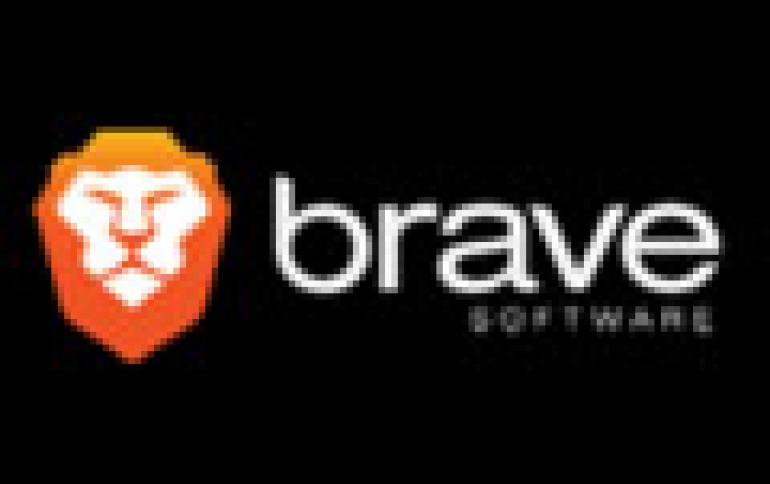
Former Mozilla CEO Proposes New Browser That Blocks Ads Completely
Brendan Eich, co-founder of Mozilla, announced a new browser or better a browser-based ad-tech platform called "Brave." As a browser, Brave blocks outside online ads and ad tracking, as he sees advertising and privacy as the Principal-Agent conflict of interest woven into the fabric of the Web. Brave is still in a beta stage, at version 0.7. It is compatible with Windows and OS X on the desktop, iOS and Android on mobile. Currently, users may only sign up for notification when betas become available.
Brave is a new browser and a connected private cloud service with anonymous ads. The browser blocks everything: initial signaling/analytics scripts that start the programmatic advertising "dirty pipe", impression-tracking pixels, and ad-click confirmation signals. By default Brave will insert ads only in a few standard-sized spaces. Ads will be targetted based on browser-side intent signals phrased in a standard vocabulary, and without a persistent user id or highly re-identifiable cookie, according to Eich.
The browser sees everything you do, including actions to stop that phenomenon of retargeting where an ad chases you around the Web, often for something you just bought or decided not to buy. Eich says that Brave will keep user data out of the cloud Brave Vault by default.
Eich said that 55% of Brave’s revenue would be shared with site publishers, and 15% with users, who could then turn that money over to their favorite sites or keep it.
Ironically, considering Eich’s background - along with Mitchell Baker, he co-founded Mozilla, maker of Firefox, in 1998 - Brave on the desktop is based on Chromium, the open-source project Google runs to feed code into its Chrome browser. Brave on iOS, however, is a fork of Firefox on Apple’s mobile operating system.
Eich was the CEO of Mozilla for a brief stretch in early 2014, but resigned less than two weeks into the job.













